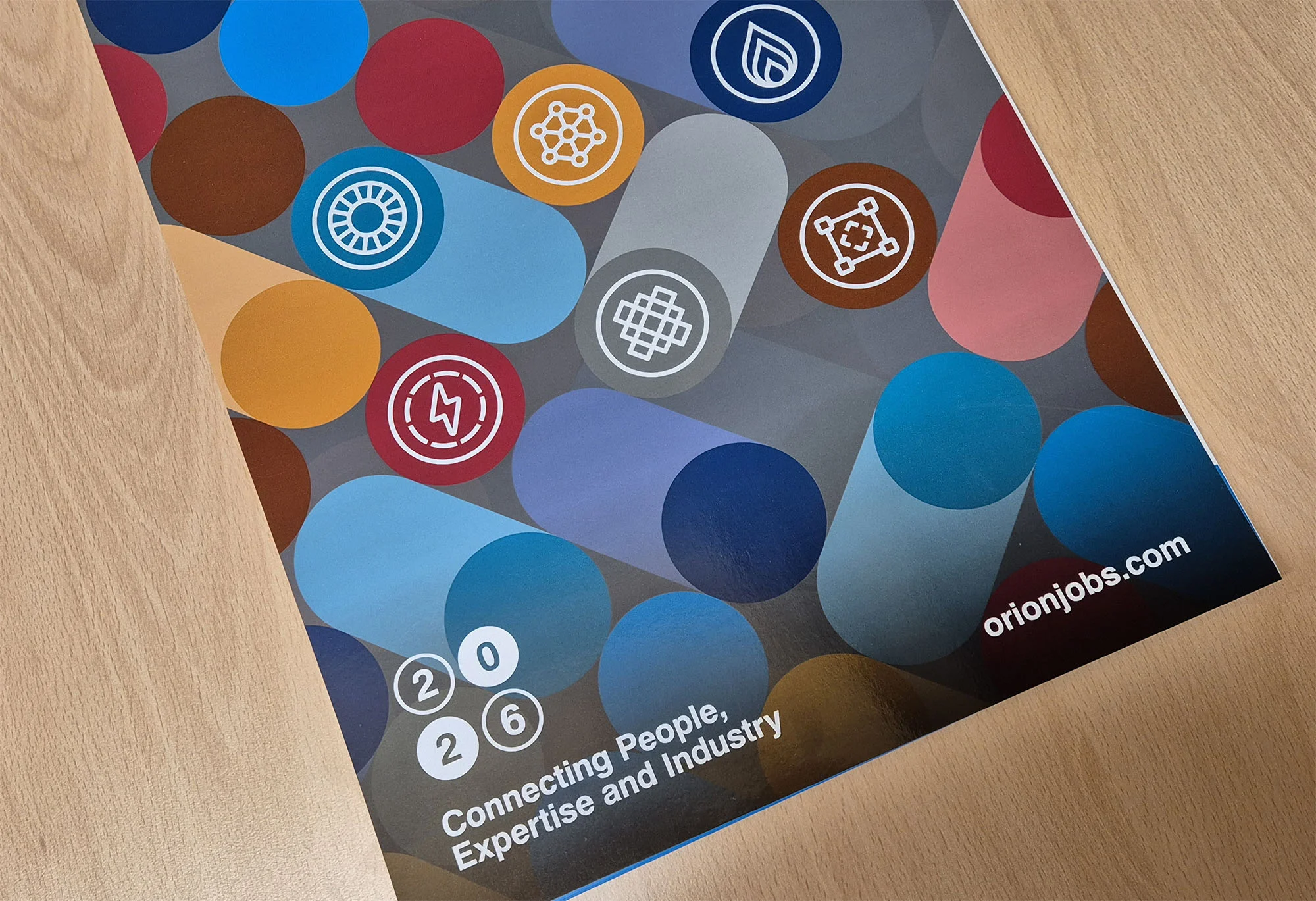
Organisational change has long been a feature of the oil and gas industry. Market cycles, pr...

Organisational change has long been a feature of the oil and gas industry. Market cycles, pr...

New Year - New Calendar!Showcasing our global reach, one month at a time 🌍Our free 2026 com...

Orion Group is proud to announce that we have been officially recognised by Good Business Pa...




Organisational change has long been a feature of the oil and gas industry. Market cycles, pr...